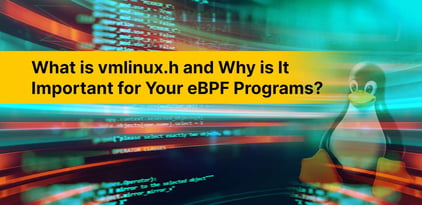With the growing popularity of CI platforms to build software, bad actors are increasingly looking to exploit these environments to target organizations. In our post about the recent Codecov breach, we explored how an attacker was able to get access to credentials from within the CI/CD pipeline. To prevent this from …
I’m very excited to join Aqua Security as its Chief Customer Officer, leading the customer success, consulting, customer support and education teams, and helping our customers maximize the value from Aqua’s solutions. Joining from Microsoft, where I led the Azure Cloud and AI services in the AMS, one might ask – why …
Last year, we first released Starboard Operator, which automates vulnerability scanning and configuration auditing of Kubernetes workloads. We’re now pleased to announce the latest release (v0.10), which is focused on infrastructure and adds CIS Kubernetes Benchmark testing using kube-bench. The operator automatically …
A recent security incident disclosed by Codecov has again placed the spotlight on supply chain attacks. Looking at the details of the incident and how the system operated, it’s clear that organizations should make changes to how they use third party services as part of their Continuous Integration (CI) pipelines. So …
One of the challenges of managing containerized environments is how to store sensitive information that’s needed for the operation of the applications running in those environments. Kubernetes provides a built-in secrets object type, but a common comment about them is that, from a technical standpoint, they’re just …
With hundreds of products and cloud services, Microsoft Azure Cloud offers significant capabilities, but it can be a formidable task to keep them all configured properly. However, there are a few things you can do right now to ensure the health and safety of your infrastructure.
One of the challenges of container security is ensuring that the image you’re getting is exactly what you expect it to be. Both from a security and consistency perspective, it’s important to ensure there are no surprises in what you’re downloading. Docker image tags, whilst convenient, can’t always be relied on to …
As with every new Kubernetes release there are a great number of new features, however there are a couple of key changes which could have impacts to security and are worth looking at in more details. In addition to the deprecation of PodSecurityPolicies, we’ll also look at some newly promoted features being put in …
In recent years, I have been I using a project called BCC to compile, load, and interact with my bpf programs. I have recently learned about a better way to build ebpf projects called libbpf. There are a few good resources to use when developing libbpf based programs but getting started can still be quite …
Cloud native security is a vibrant, fast-moving space. As enterprises across industries continue to accelerate digital initiatives with cloud native tools, security is becoming more critical than ever, and new trends are bound to emerge. To keep you ahead of the curve, here are the top seven developing trends that …
eBPF is a powerful and exciting technology that allows developers to add custom code to strategic points in the Linux kernel and interact with it by writing simple C or Go programs. The eBPF programs you write and run can inspect data in the memory of processes they attach to. In order to do so, however, the eBPF …










